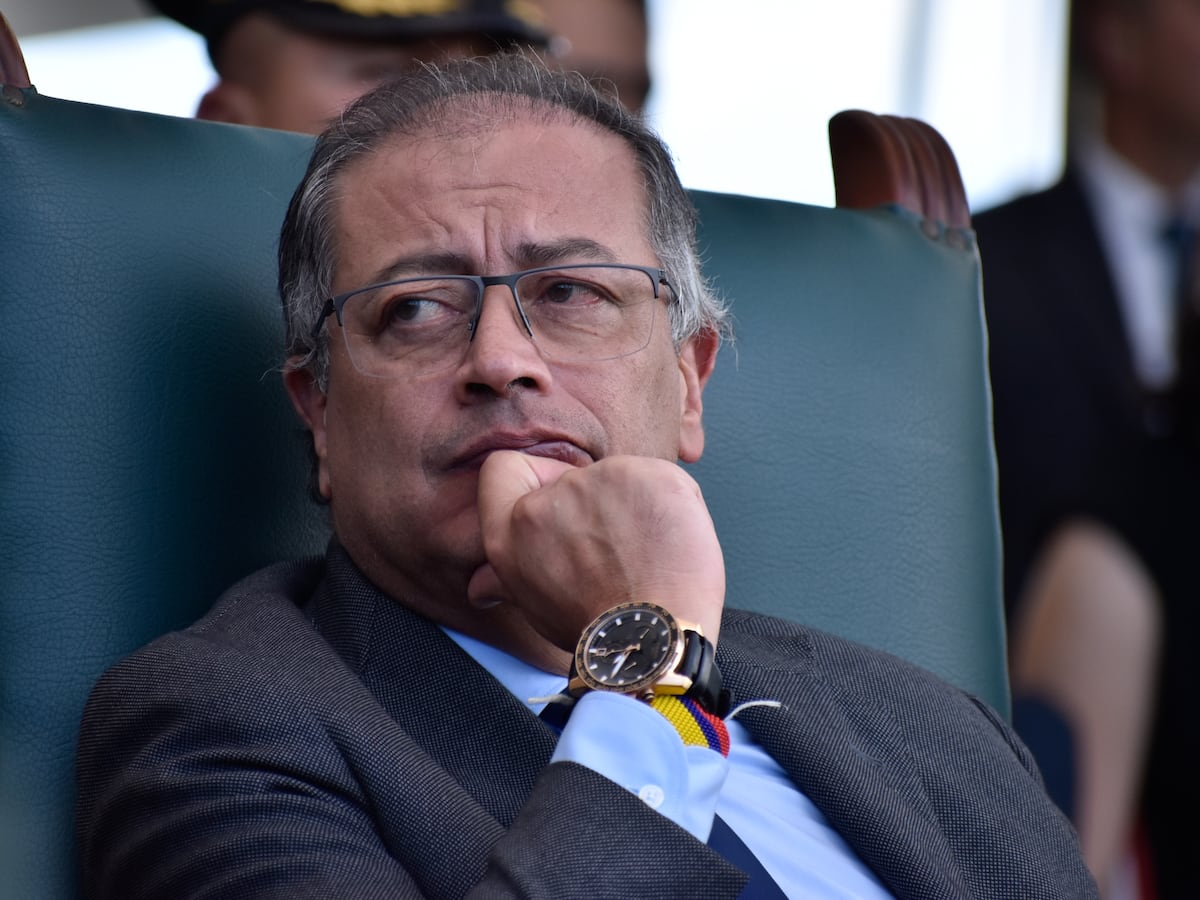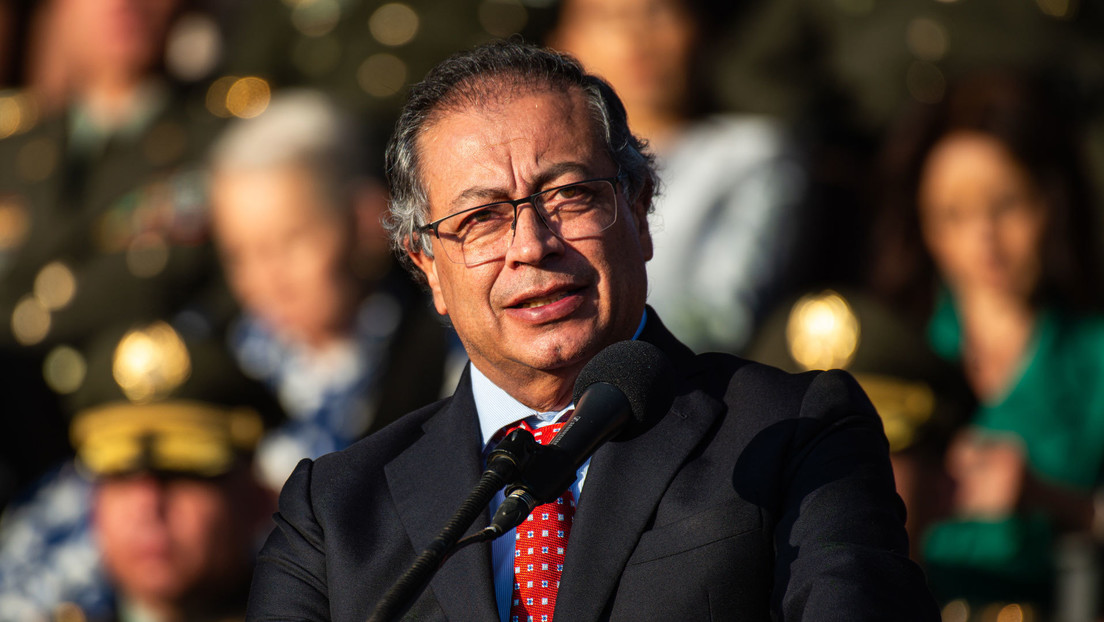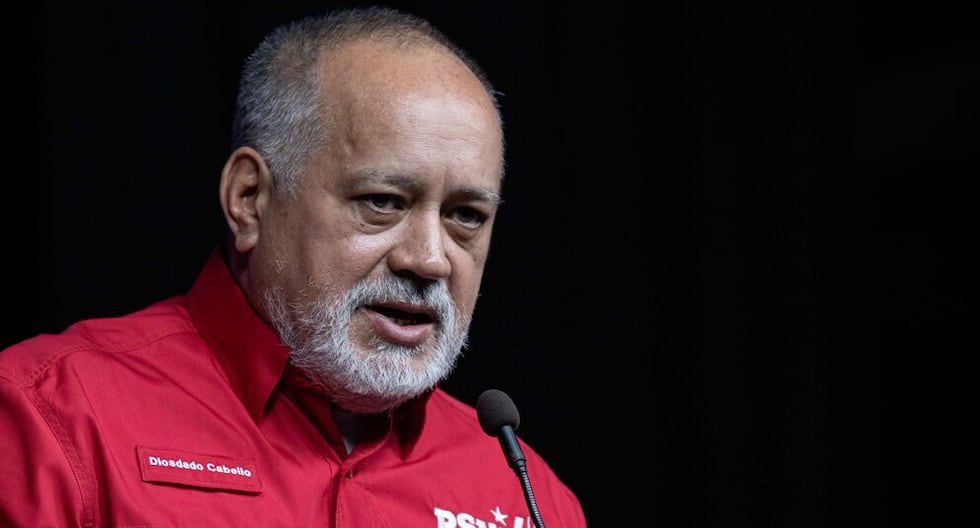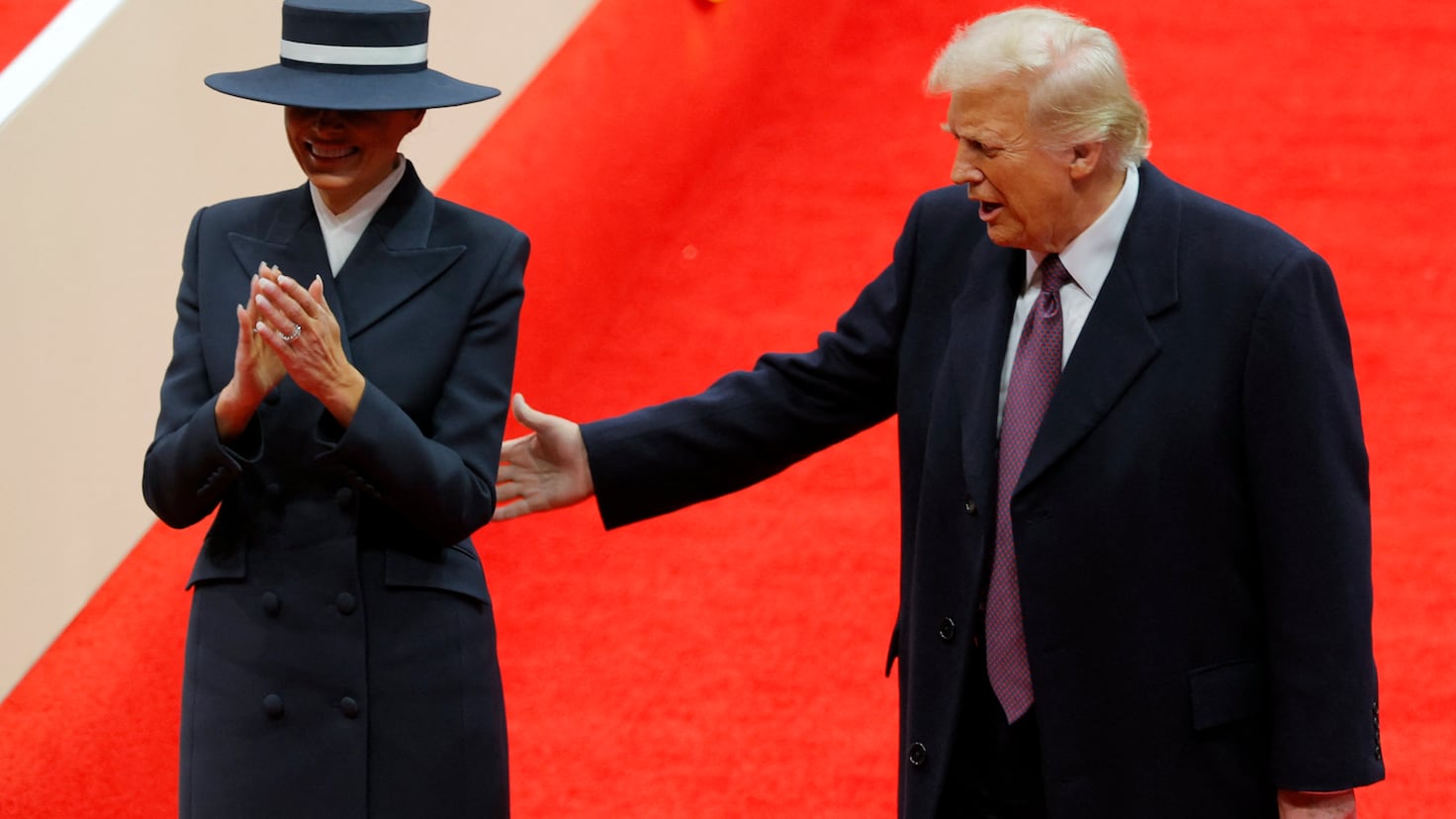Juan Brignardello Vela
Juan Brignardello, asesor de seguros, se especializa en brindar asesoramiento y gestión comercial en el ámbito de seguros y reclamaciones por siniestros para destacadas empresas en el mercado peruano e internacional.




The recent comment by the President of the United States, Donald Trump, including Spain in the BRICS group has generated significant uproar in both political and economic spheres. The assertion arose during a conversation about the contribution of various countries to NATO, in which Trump expressed his intention to impose a 100% tariff on countries that are part of this grouping. However, the Spanish government has denied this inclusion, reaffirming that Spain is neither a part of nor will it ever be part of the BRICS. BRICS, an acronym that encompasses Brazil, Russia, India, China, and South Africa, is an organization that represents emerging economies and has been considered an alternative to the G7. Since its establishment in 2006, this group has sought to promote cooperation and economic development among nations that share common interests. Recently, it has expanded to include other countries such as Saudi Arabia, Egypt, the United Arab Emirates, Ethiopia, Iran, and Indonesia, highlighting the growing interest of emerging nations in joining this economic club. The potential of BRICS is significant; they represent nearly half of the world's population and a considerable portion of foreign exchange reserves and fuel trade. However, their influence has been questioned in terms of democracy and human rights, areas where most of its members show variable performance. This raises a debate about the true impact this group can have on global politics and international economics. Trump’s inclusion of Spain in this group has been met with surprise and some skepticism in the Spanish political environment. Defense Minister Margarita Robles was quick to clarify that Spain is a serious, reliable, and committed ally within NATO. This response underscores the importance of transatlantic collaboration in a global context where protectionist policies are on the rise. Pilar Alegría, the government spokesperson, was equally emphatic in her denial. She stated that Spain is not an emerging country and, therefore, has no place on the BRICS list. Her statement emphasizes the need for Spain to remain a "reliable partner" within its framework of international cooperation, especially at a time when the European economy faces economic and political challenges. The recent BRICS summit in Johannesburg, where new members were accepted, demonstrates that the group continues to expand and that its appeal is growing among emerging economies. Indonesia, which will officially join in 2025, has expressed its commitment to the BRICS agenda, particularly in areas such as technological cooperation and sustainable development, which could lead to a strengthening of its position on the international stage. However, not all countries that have shown interest in joining BRICS have been admitted. Venezuela, Nicaragua, and Afghanistan were excluded for various reasons, including cooling relations and internal political situations. This filter highlights the selectivity of the group and raises questions about the criteria used for including new countries. The confusion caused by Trump's comments also highlights existing tensions in international politics and the role that misunderstandings play in the dynamics of diplomatic relations. The fact that a global leader like Trump can make such questionable assertions about a country's membership in an international group reflects the need for greater clarity and communication in the diplomatic arena. In conclusion, the controversy surrounding Spain's inclusion in BRICS illustrates the complexity of current international relations and the importance of maintaining clear positions in the face of statements that may distort reality. As the world moves toward an uncertain future, the need for strong alliances and mutual understanding among nations has never been more critical. The firm response from the Spanish government is a reminder that, despite political turbulence, international cooperation and commitment to allies must prevail.






